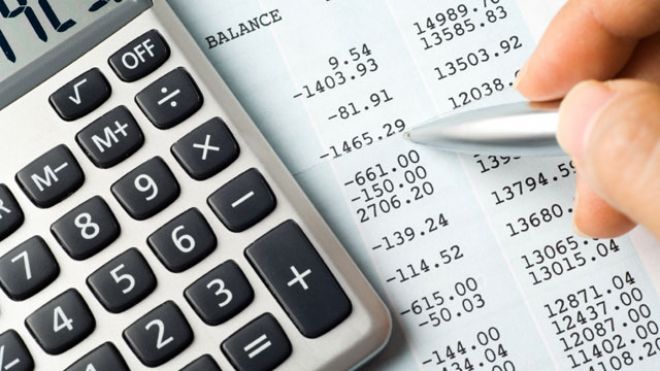
Specialized tax viewed as unnecessary burden on state’s small businesses
MacIver News Service | March 24, 2015
The personal property tax is a levy on business equipment that is assessed in addition to real property taxes paid by businesses (property taxes paid on actual real estate). There are four categories of the tax: furniture, fixtures, and equipment; machinery, tools and patterns; boats and other watercraft; and all other personal property.
Sen. Tiffany believes the personal property tax is not worth the effort and inhibits additional investment from small businesses.
“Its a very inefficient tax, a lot of effort is put forth by local municipalities for very little revenue,” explained Tiffany in an interview with the MacIver News Service. “What I have heard consistently from businesses is, ‘if I didn’t have to pay the tax I would invest the money in something else’.”
Tiffany also thinks personal property taxes amount to a double tax on businesses who already have to pay sales taxes for equipment purchases.
Last summer, the Wisconsin Legislature conducted a symposia series on the personal property tax and found that the levy costs businesses in the state $270 million annually, making up 2 percent of local property taxes. The symposia also found the self-assessed tax to be an administrative and compliance nightmare for businesses, as well as for assessors.
Wisconsin’s personal property tax has become heavily specialized towards some property and not others. For example, equipment owned by youth baseball associations are excluded from the tax, but not equipment of youth soccer associations. There are 57 exemptions to the personal property tax in total, including clear special interest items like charter sport fishing boats, cheese and logging equipment.
“It has gotten to the point where the personal property tax is now a tax on a handful of business property that affects those unfortunate Wisconsinites who have not been given an exemption,” explained symposia Chairman and former Rep. Duey Stroebel (R-Saukville) last summer.
Kulp and Tiffany’s proposal, unofficially titled the Small Business Fairness Act, would halt personal property tax compliance for all new equipment purchased in 2016 or later, but existing property would continue to be taxed until 2020. The bill would also stop payments to local governments for computer equipment exemptions from the tax, which is about $84 million annually.
For Kulp, a small business owner who has personally dealt with the personal property tax, the proposal is about being fair to all businesses and eliminating a costly burden.
“Its about fairness, getting rid of an onerous and burdensome tax on Wisconsin’s business,” he told the MacIver News Service. “You have to keep a separate set of books, and there is lack of clarity on what is exempt and what is not.”
Illinois, Iowa, and Minnesota all do not have a personal property tax. Michigan has set in motion a plan to phase out its personal property tax by 2023 by exempting all new property. Indiana enacted a county option, allowing counties the decision to repeal, limit, or keep personal property taxes as they are.